Do Dogs Really Need Winter Coats?

While some dogs thrive in cold conditions, others struggle to stay warm. A dog’s natural fur coat offers protection, but it isn’t always enough. Factors like size, age, health, and breed play a big role in whether your dog needs extra insulation during winter.
Dogs That Benefit from Coats
Not all dogs need a coat, but certain groups benefit greatly:
- Small breeds (Chihuahuas, Dachshunds, Toy Poodles) lose body heat quickly.
- Short-haired dogs (Greyhounds, Whippets, Boxers) lack the insulation of thick fur.
- Seniors often have weaker circulation and may struggle with temperature regulation.
- Puppies have less body fat and an underdeveloped ability to regulate heat.
- Dogs with health conditions like arthritis may find warmth helps reduce stiffness and pain.
How to Choose the Right Coat
A good winter coat should be practical, comfortable, and suited to your dog’s needs. Look for:
- Weatherproofing – waterproof or water-resistant material for wet conditions.
- Insulation – fleece-lined or padded designs for extra warmth.
- Fit – snug but not restrictive, with adjustable straps or harness compatibility.
- Ease of use – step-in or velcro styles that make dressing quick and stress-free.
FAQs
Do large dogs need winter coats?
Many large breeds with thick fur (like Huskies or Newfoundlands) don’t need coats. But short-haired large dogs may still benefit in extreme cold.
Can I walk my dog in freezing temperatures without a coat?
It depends on the dog. Some breeds tolerate it well, but smaller or short-haired dogs may need protection once temperatures drop below 5°C (41°F).
Are dog coats safe to wear with harnesses?
Yes, many coats are designed with harness openings or built-in compatibility. Always check for a good fit that doesn’t interfere with movement.
Can dogs overheat in coats?
Yes. Use coats only when needed, and avoid overdressing your dog in mild or indoor conditions.


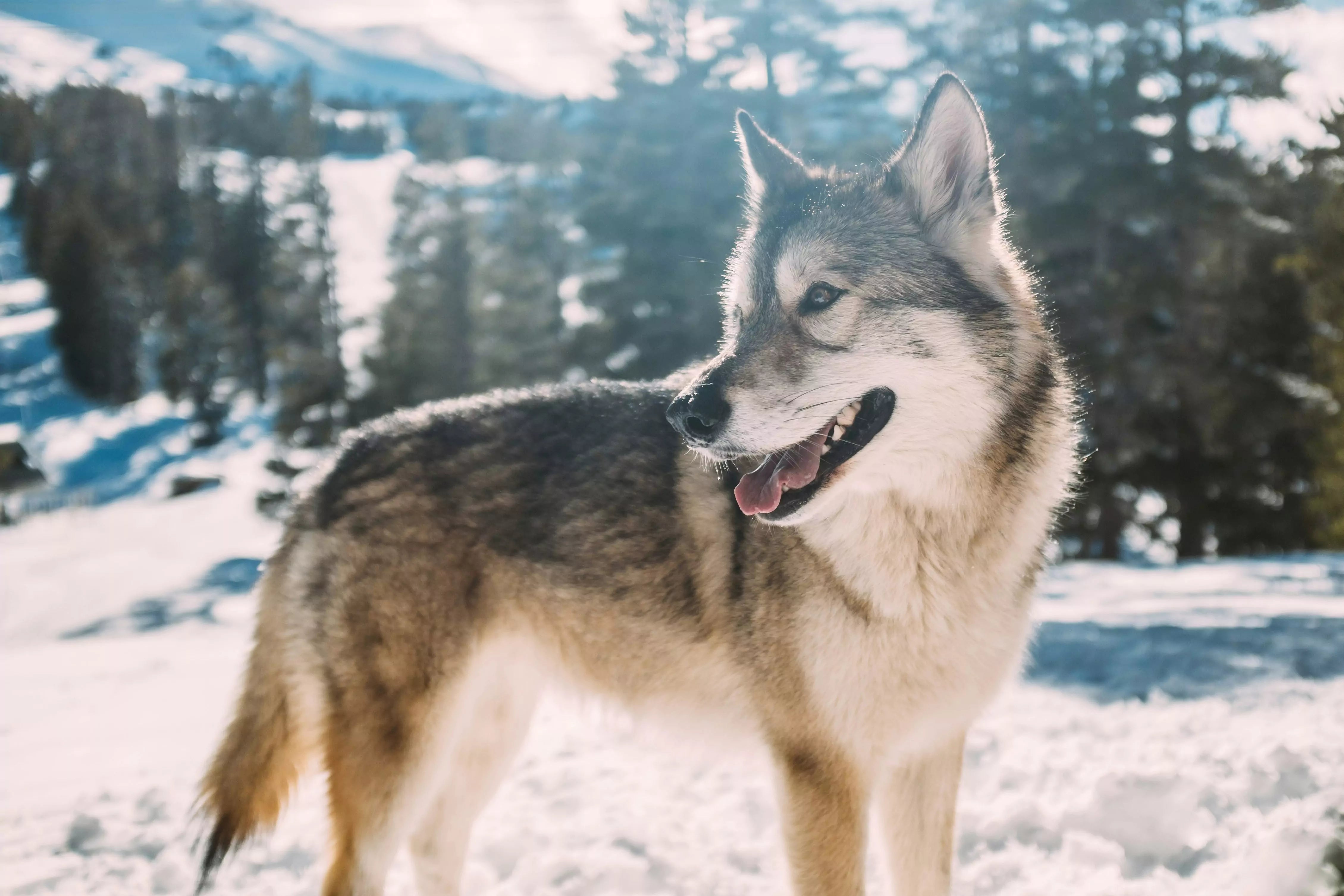
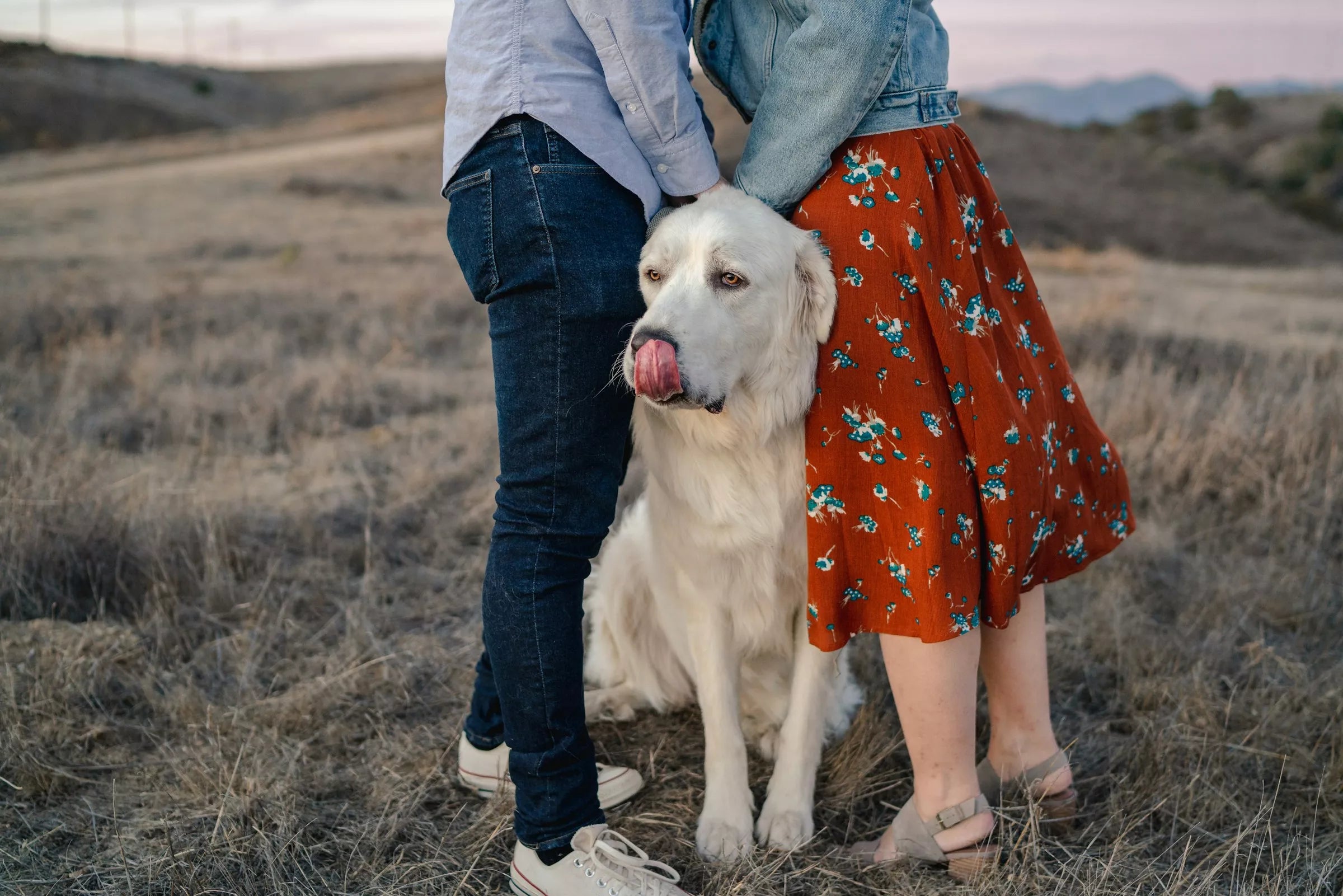
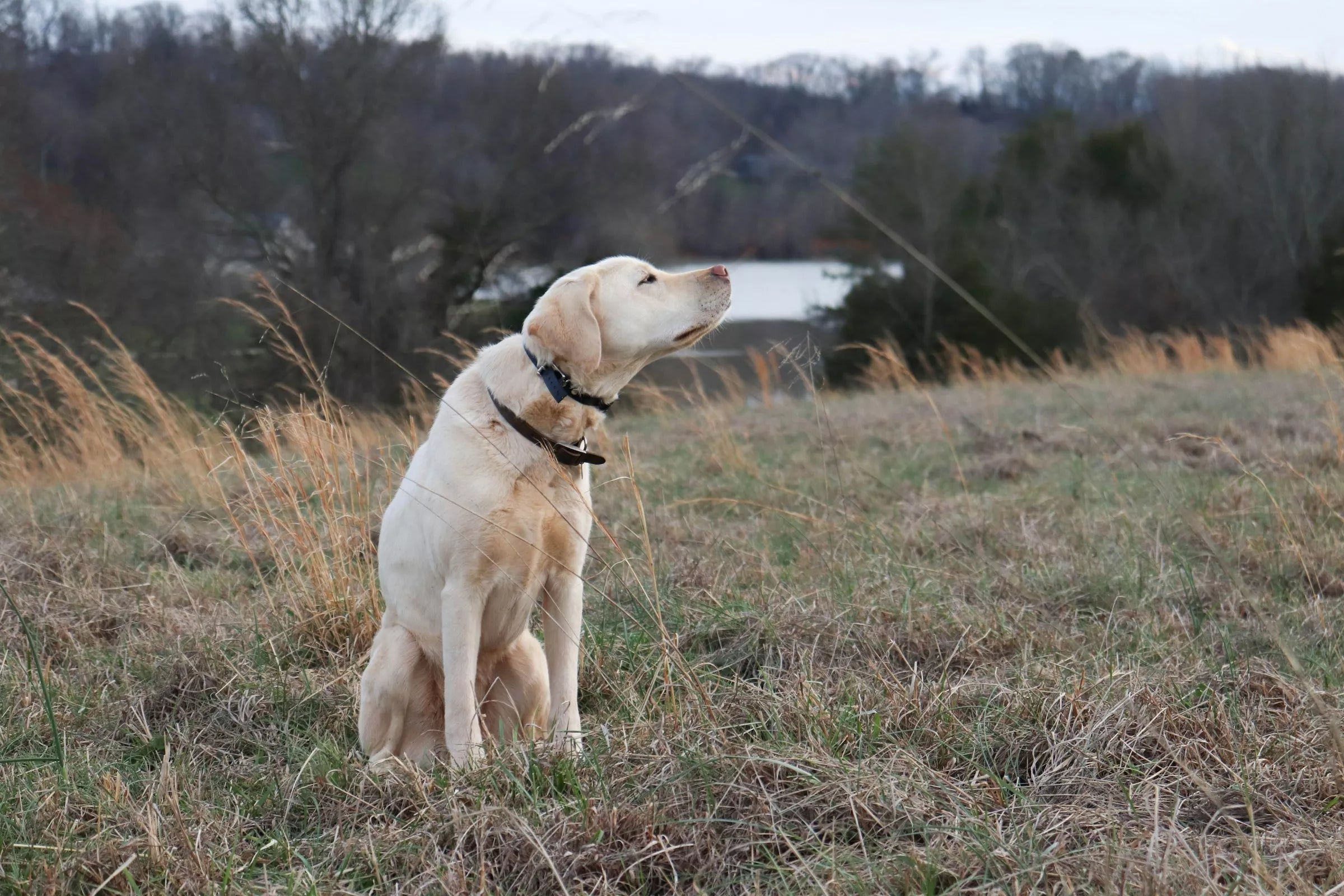
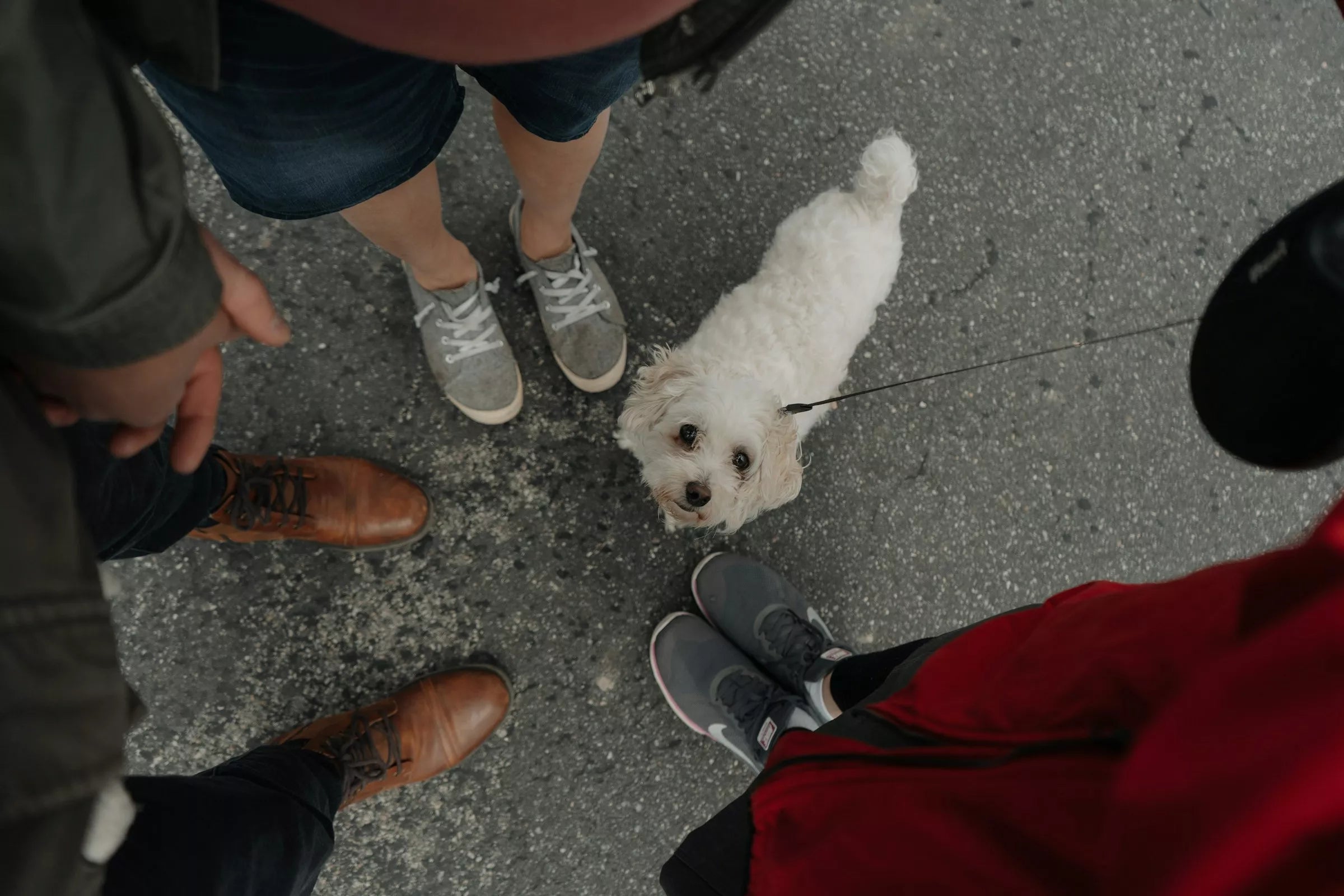
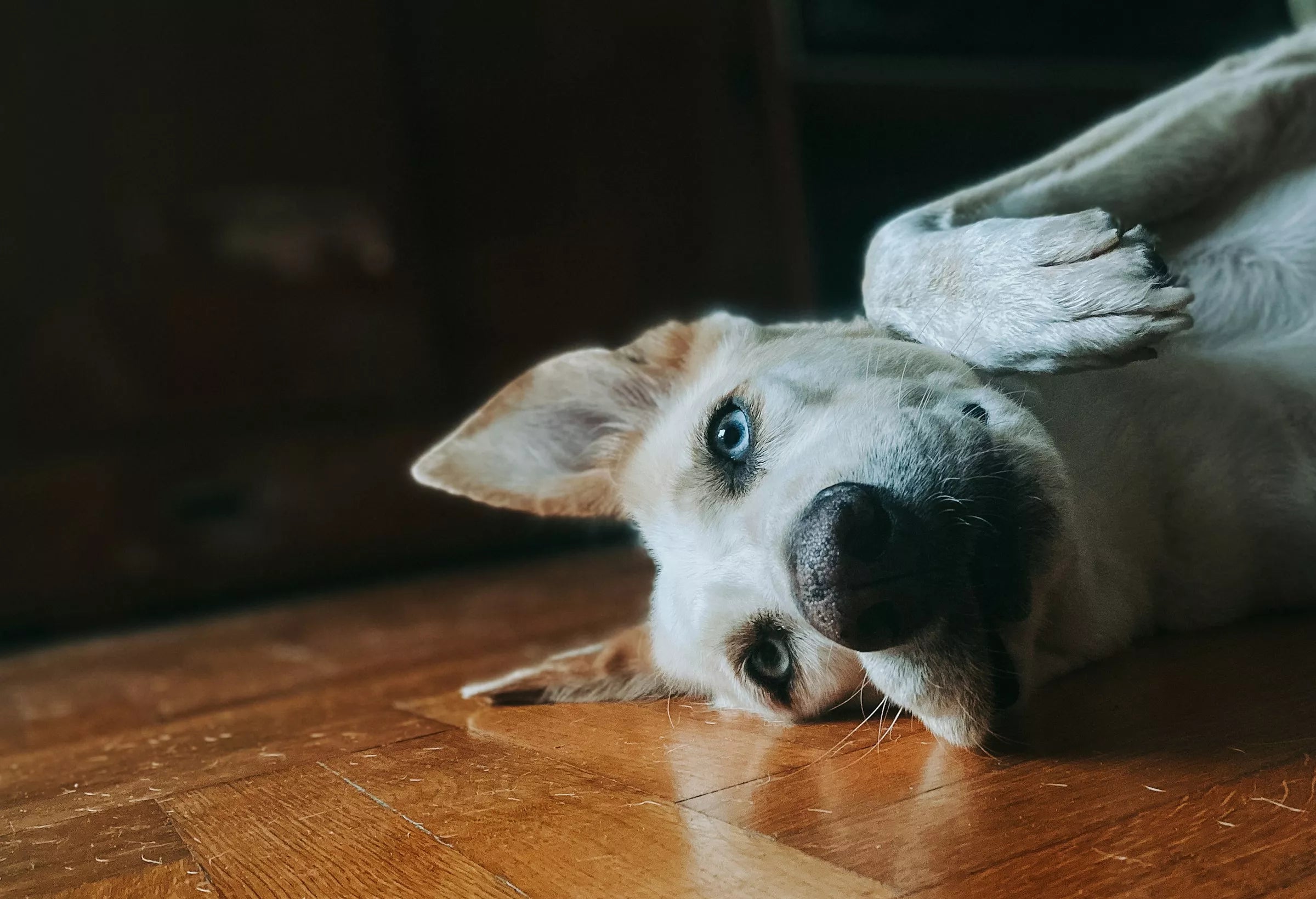

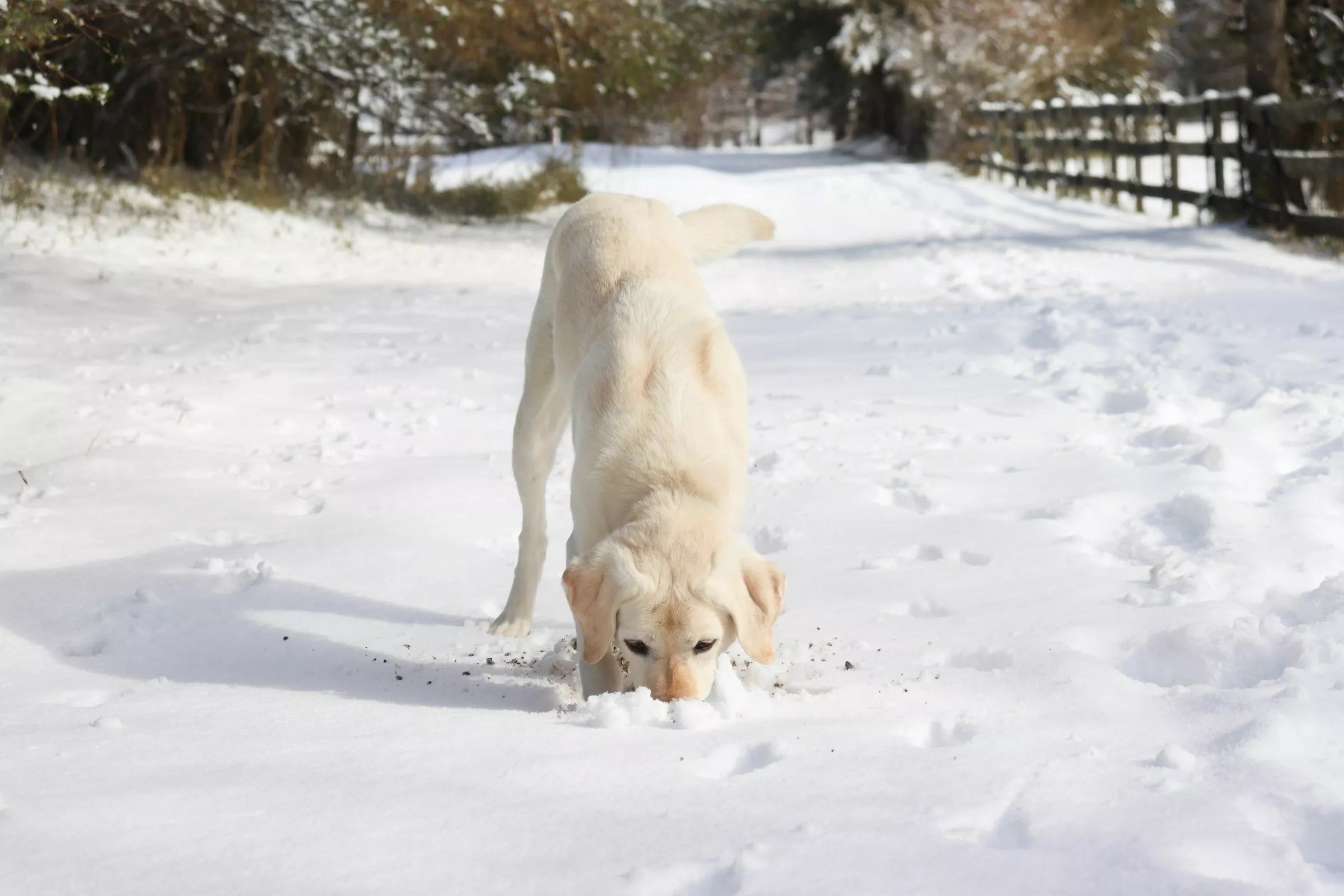






Share:
Natural Remedies for Itchy Dogs
The Best Exercises for Senior Dogs